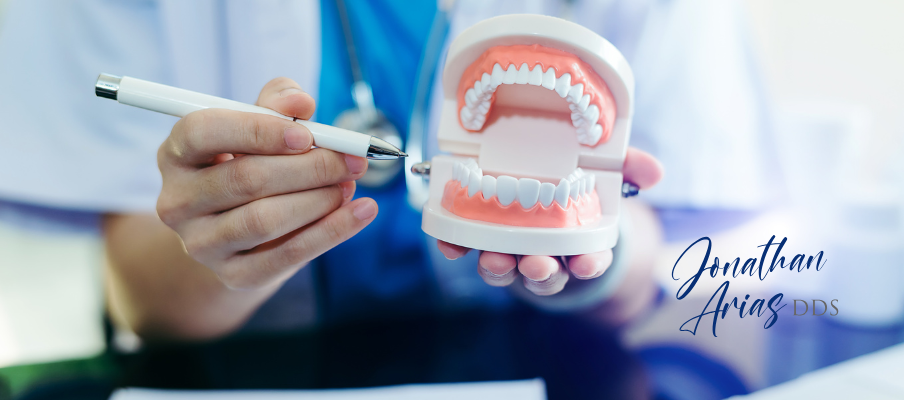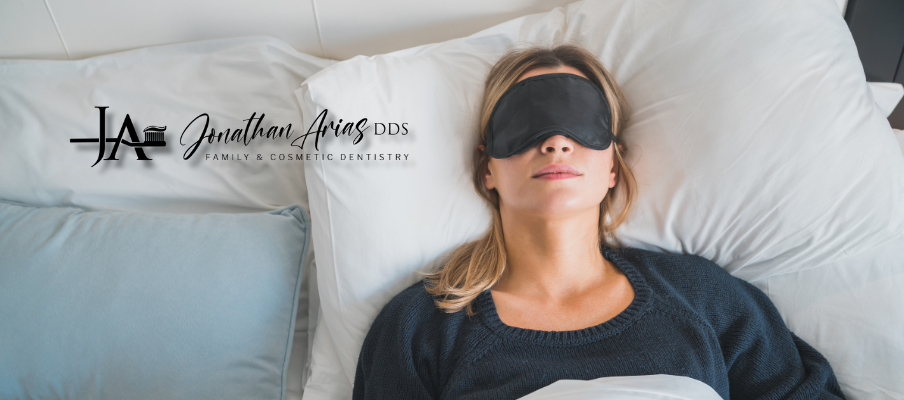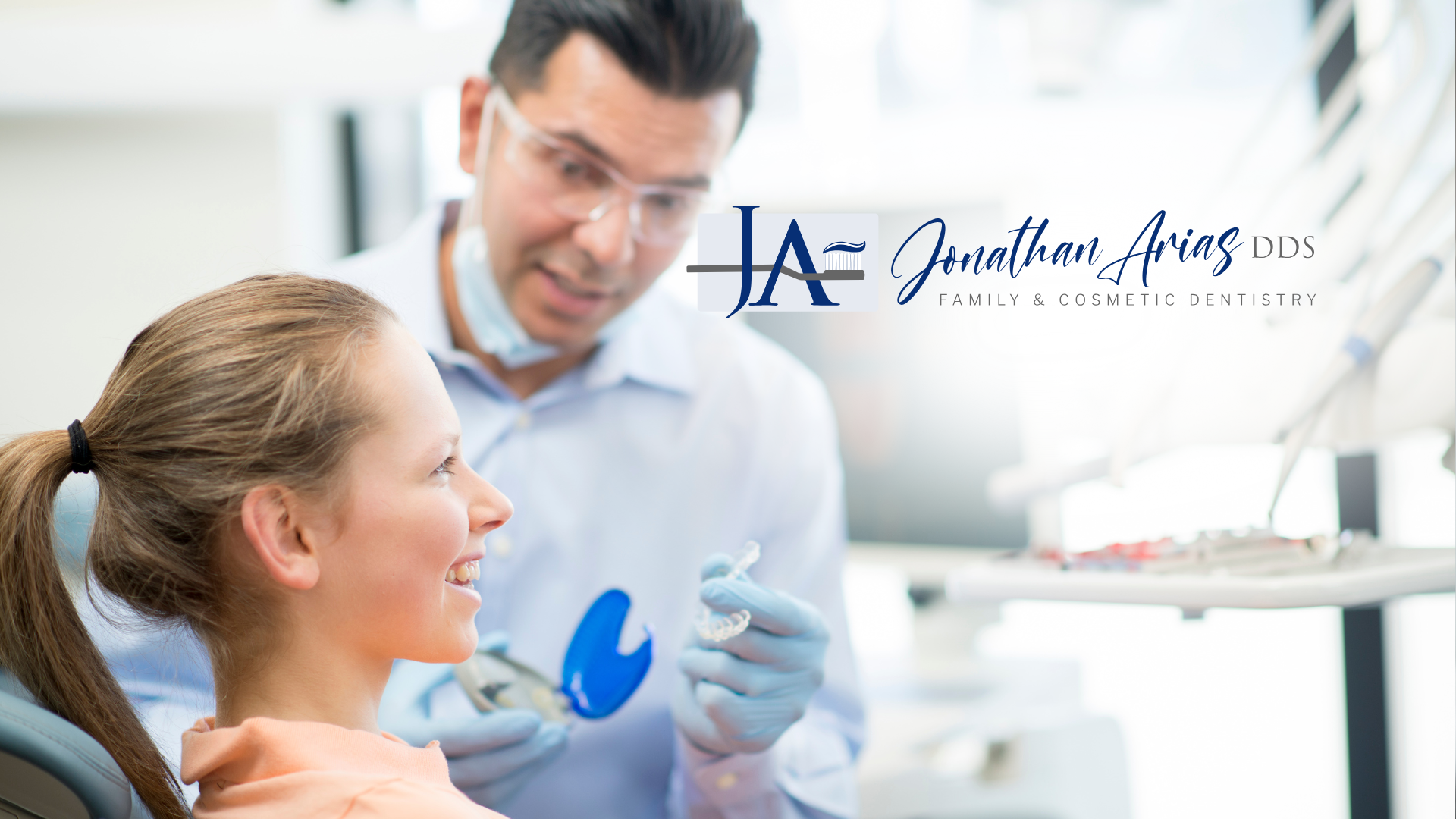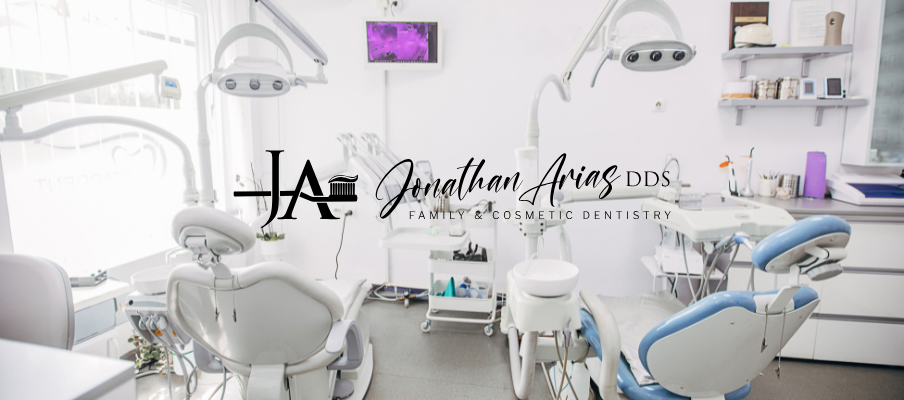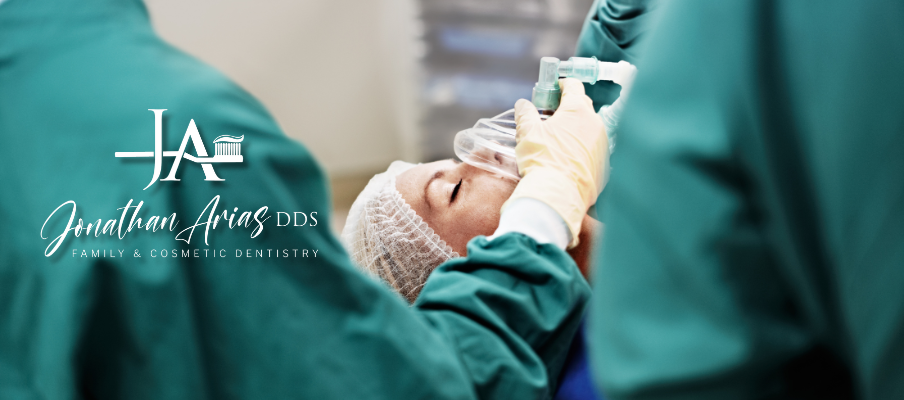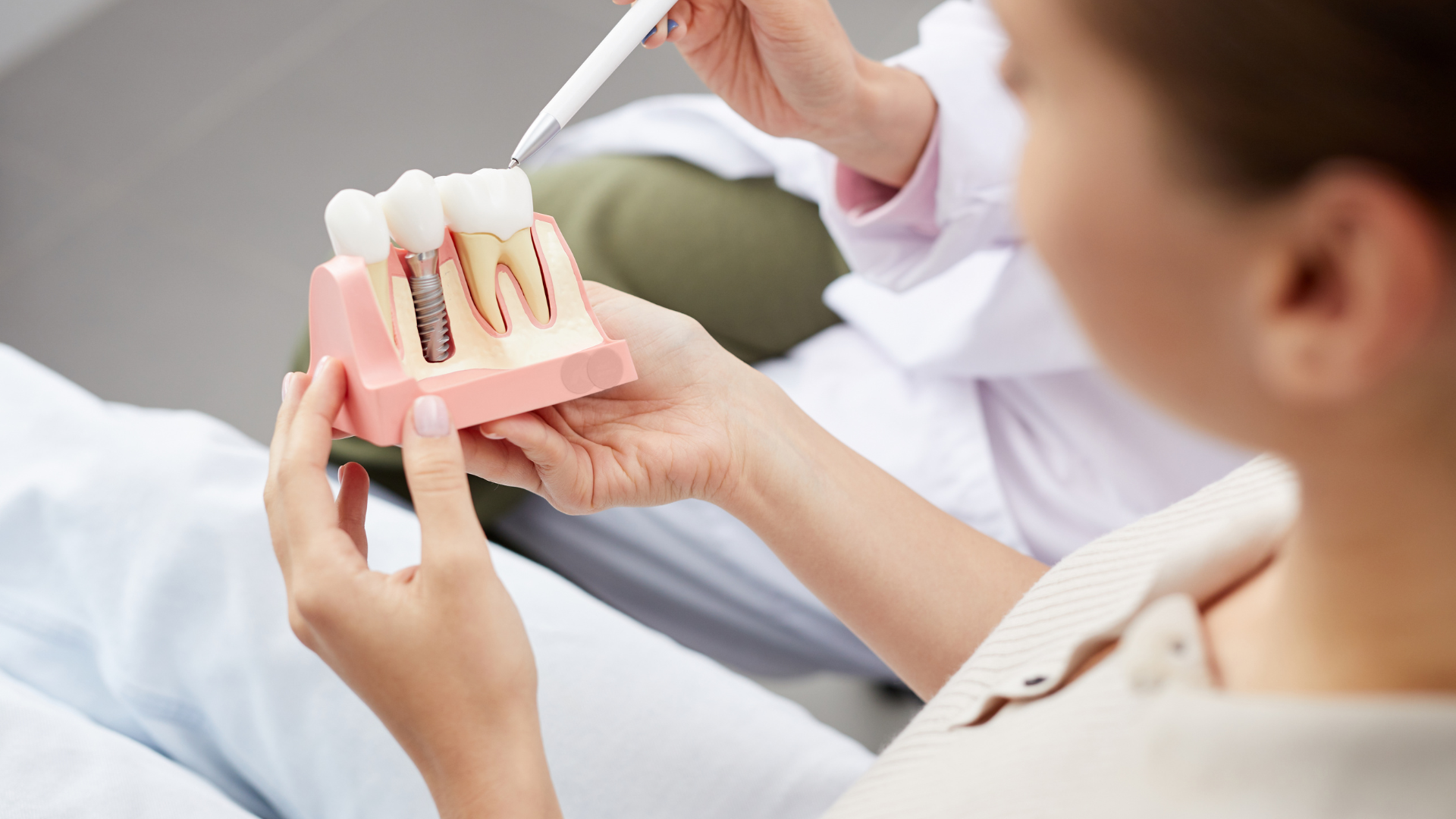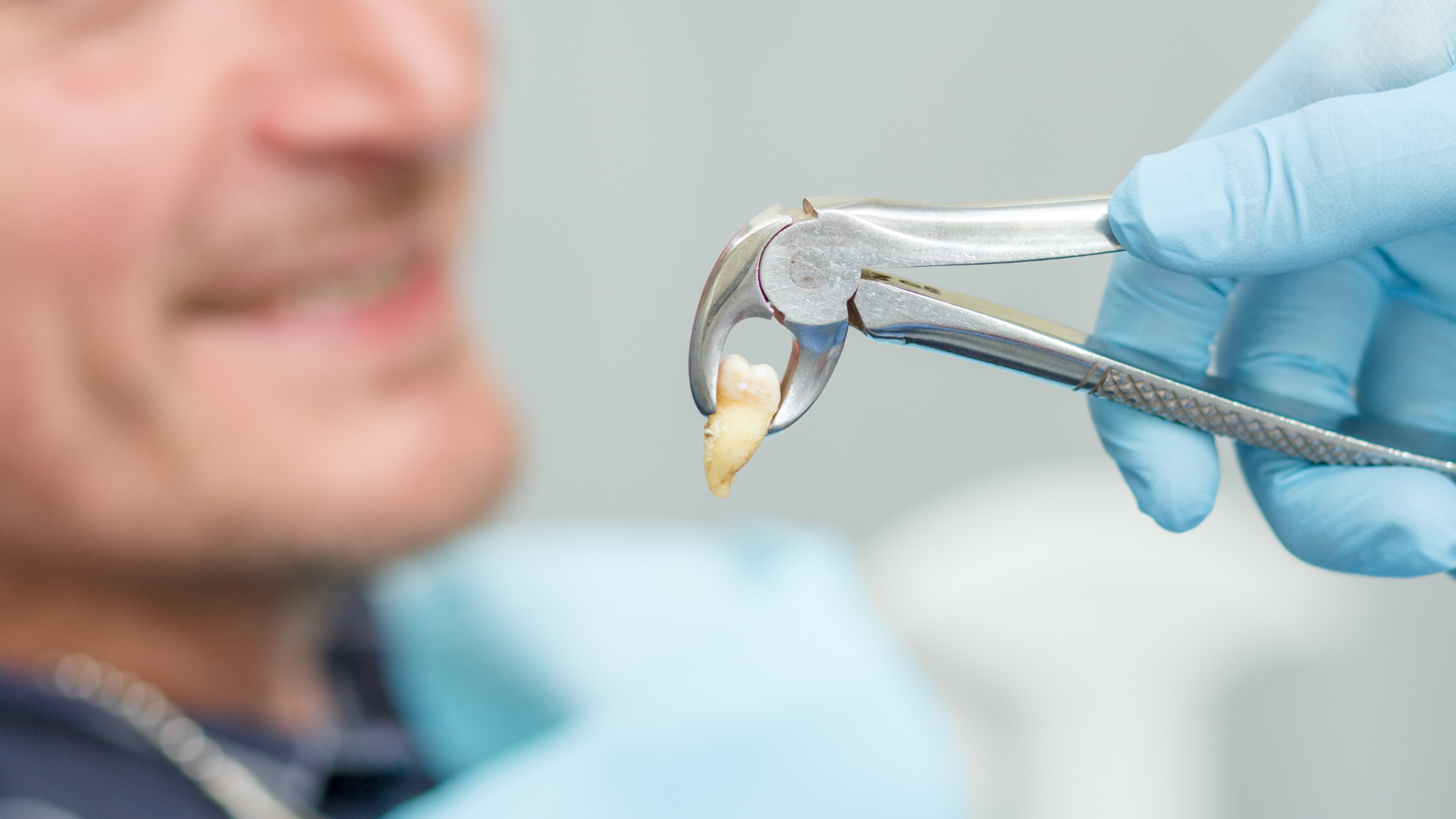Read More About: Dental Hygiene
Dental Hygiene
Dental hygiene comes in the form of regular cleanings and is the best investment in your smile. At your initial appointment and regular check-ups every six months, a trusted dental hygienist will gently and thoroughly clean your teeth.
Cleanings help prevent cavities, tooth decay, gum disease, and other conditions. A regular cleaning includes the removal of plaque, calculus, and stains from teeth using ultrasonic and hand instruments. A fluoride treatment will also be applied to maintain the benefits of each dental cleaning.
Our exceptional care, knowledgeable staff, and pleasant, comfortable surroundings are a few reasons why patients love us. Our hygienists perform thorough dental cleanings as well as teach you how to keep your smile healthy. Your dental cleaning appointment will typically include:
Removal of Plaque – When you eat, naturally occurring bacteria in your mouth produce acids that form plaque. This filmy substance coats the surfaces of your teeth, eventually dissolving the outer layer called enamel. Regular cleanings at home and at the dentist can keep plaque from permanently damaging your teeth.
Tartar Removal – Also known as calculus, tartar is a hardened plaque that is firmly attached to the tooth. This substance is above and below the gum line, and can only be removed during a trip to the dentist.
Teeth Polishing – While a dental cleaning removes plaque and tartar from your teeth, polishing makes the surfaces of your teeth smooth. This technique removes the stains from substances like coffee, tea, and wine that build up over time.
Fluoride Treatment – Fluoride helps prevent tooth decay by making your teeth more resistant to acid attacks from plaque, bacteria, and sugars in the mouth. Fluoride will help remineralize teeth that have been affected by decay, stopping cavities from forming.
Periodontal Therapy
Dr. Jonathan Arias treats gum disease by carefully removing the bacteria and substances that form in the pockets around the teeth. The removal of this material occurs on a microscopic level and requires great skill. Dr. Arias’ dental team has had advanced training to effectively remove all of the bacteria.
For two to three days after the treatment, you may have some soreness and be sensitive to hot and cold temperatures. Over-the-counter pain relievers can help alleviate discomfort.
You may be asked to use an antiseptic mouth rinse after scaling and root planning. This is especially likely if your gums are very sore. However, you should continue brushing and flossing as usual. You can expect some minor bleeding in the first days after scaling and root planning. This usually stops within a week.
